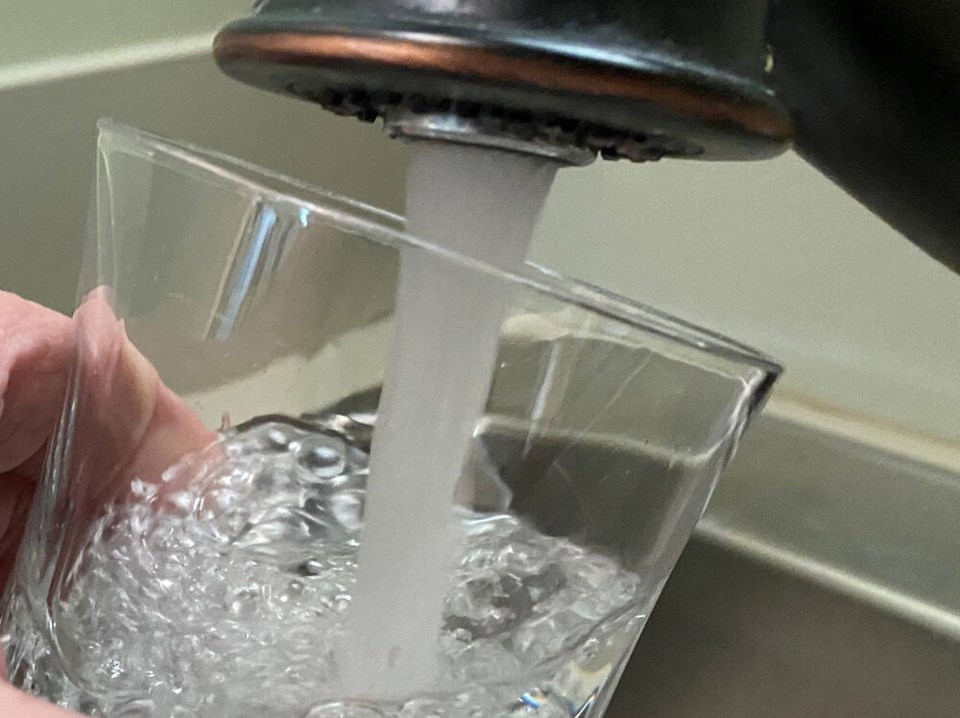The next phase of a major water storage reservoir safety upgrade in South Delta will commence in spring 2024.
Part of the Greater Vancouver Water District’s infrastructure, the Pebble Hill Reservoir No. 1, 2 and 3 within Pebble Hill Park have been undergoing a seismic upgrade since 2021.
Construction was scheduled to be completed in stages, taking only one unit out of service at any time.
The regional district project involves construction of interior seismic force resisting systems, thickening of perimeter walls and footings, roof slab strengthening, repair of columns, joint sealant replacement, as well as the installation of rooftop sports facilities by the City of Delta.
A recent staff report to Metro Vancouver’s Water Committee notes that construction of Unit 1 is complete, while Unit 2 commenced in the fall of 2022 and achieved substantial completion in the summer of 2023.
The contractor will return next spring to complete the roof topping system of the underground cement structure.
Part of a long list of water reservoir seismic upgrades, a separate tender will be issued in the future for the Unit 3 upgrade. That project’s cost is currently estimated at more than $12 million.
Meanwhile, the report also notes that the region’s water supply system performed well during the high demand season of 2023, despite the challenges imposed by the significant summer drought.
Stage 1 of the Drinking Water Conservation Plan was activated on May 1, and Stage 2 was implemented on Aug. 4 due to the mid-season long-range weather forecast indicating a high likelihood of a continued drought into the fall, together with the sustained higher daily demands from May to July.
While there were observed reductions in drinking water demands through August and September, the regional data found that lawn watering was still occurring despite being banned in Stage 2.
The report notes that with increased education, enforcement and progress in universal metering across the region, additional reductions are achievable.
The success of water conservation measures will continue to be an essential factor in determining the need for and timing of future system expansion, the report adds.



